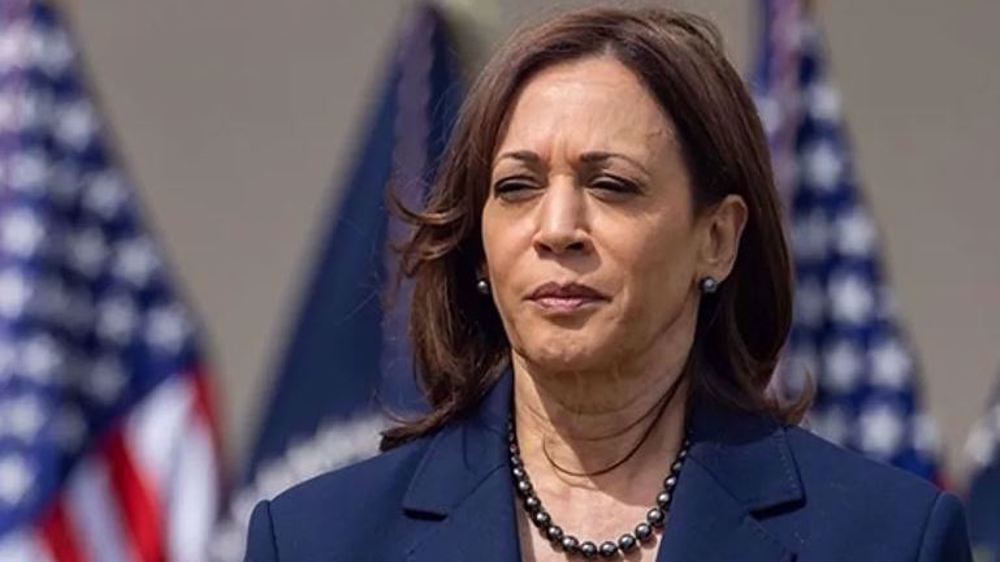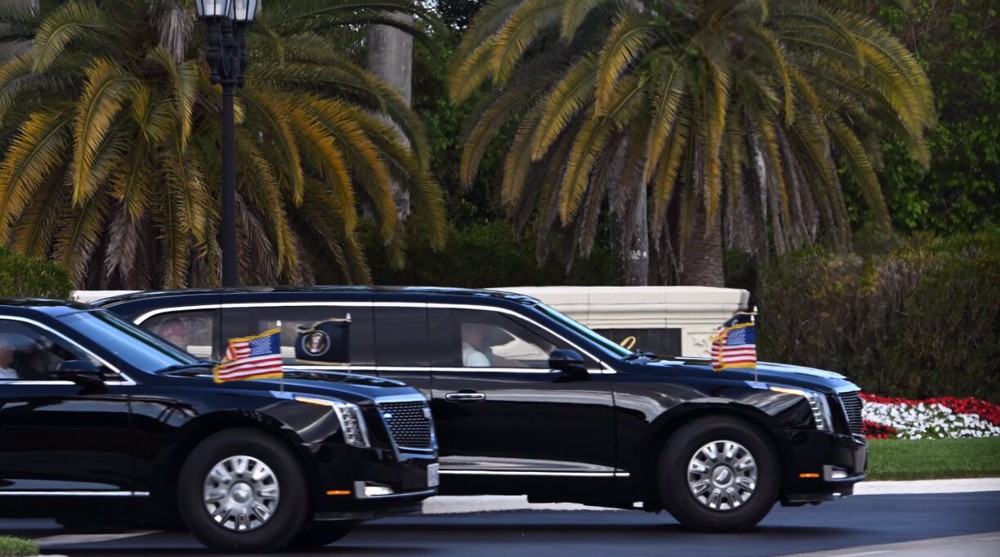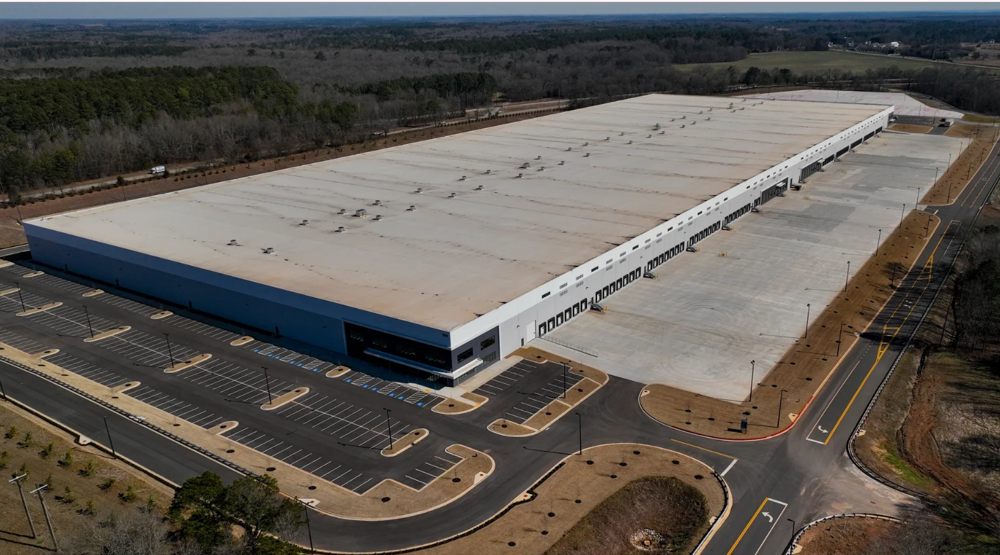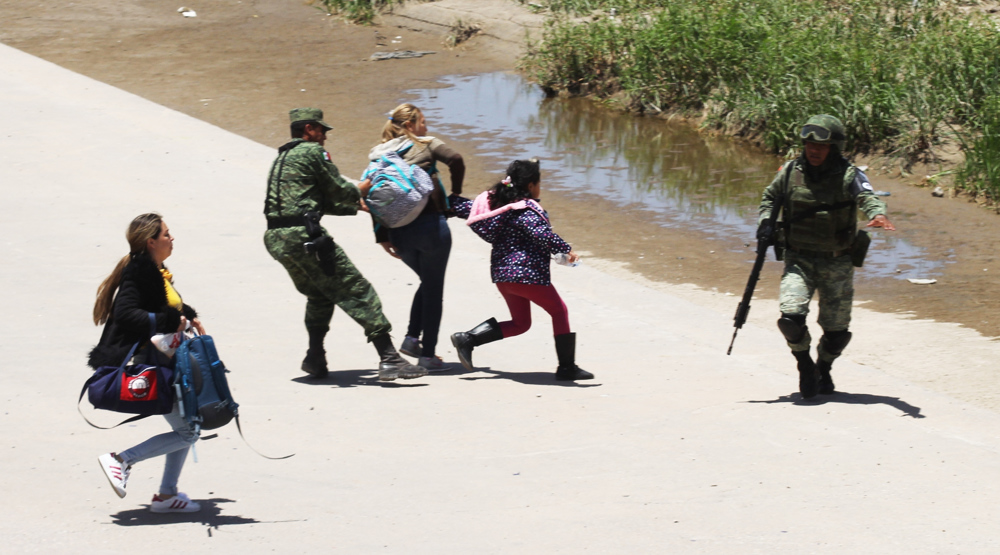Fierce COVID shot resistance could derail mass vaccination in US
Many Americans --Republicans in particular—remain deeply skeptical about COVID-19 vaccines, threatening to derail a national vaccination program that aims to contain the virus that has killed more than 540,000 in the United States.
“If they try to make me get it, they're just going to (have to) put me in jail,” Todd Engle, a 58-year-old resident of West Virginia told AFP. “I just don't trust them.”
West Virginia is heavily Republican. Over 68 percent of its voters chose Donald Trump in November's presidential election.
While the state has been able to quickly provide COVID vaccines to its people, skeptics are numerous and the resistence appears to be linked to America’s political polarization.
“I try not to look at politics; that doesn't matter,” said Angela Gray, a nurse at a COVID vaccine center, which has administered as many as 1,500 shots in a day. “But I've seen a lot of my fellow Republicans who are getting vaccinated.”
Gray said that Republican officials in her area have spoken up for the safety and effectiveness of the vaccines in an effort to convince residents to get inoculated.
West Virginia is only one example of how skepticism about the COVID vaccines is growing deep across many red states in the US.
According to a poll last week, 41 percent of Republicans nationally said they would not get the vaccine, compared to just 11 percent of Democrats.
It is a remarkably high number considering that 74 million Americans voted for Trump, who had often played down the threat of the virus and at times discouraged his supporters from complying with mitigation measures.
Trump left office in January without disclosing that he and his wife, Melania, had themselves quietly received COVID shots.
Neil Johnson, a vaccine hesitance expert, told AFP he sees a collision of factors playing a part in the skepticism, including the belief that the media exaggerated the pandemic to hurt Trump, and long-held resistance to vaccines in general as well as distrust of the government.
“It's like the usual hesitancy on steroids, because the distrust took on a political dimension because of the election last year,” said Johnson, a George Washington University professor. “It was like a perfect storm to have an election in the year of a pandemic.”
Trump on Tuesday gave his most explicit endorsement for the national inoculation campaign since he left office in January.
“It's a great vaccine, it's a safe vaccine and it's something that works,” he said during an interview on Fox News.
However, for many conservatives across the nation, Trump's words came too late, because they have already made up their minds.
“It's a personal choice. People in the rural areas, though, I don't see them going for it. I see them doing too much research for themselves,” said Christine Miller, 63, who as a cancer survivor with chronic bronchitis is in a high-risk category.
She said she will not take the shots currently available. “It's not worth the risk,” Miller told AFP.
Public health officials believe between 70 and 85 percent of all Americans will need to get vaccinated in order to achieve herd immunity, the point when most of a population has acquired defenses against a virus.
Experts say resistance against vaccines carried significant risks for the United States.
Even if vaccination campaigns can reach large portions of the US population, success will still be determined by whether an overwhelming majority of Americans are willing to get the shots.
VIDEO | Press TV's news headlines
Hezbollah says won’t hesitate to take proper action against aggression
Iran to US: Sanctions and war failed; try diplomacy and respect
VIDEO | Afghanistan-Pakistan tensions rise after cross-border strikes
Israeli settlers set mosque ablaze in West Bank during Ramadan
Nouri al-Maliki vows not to withdraw bid for Iraq’s premiership
OIC calls emergency summit as Israel accelerates West Bank expansion
Israel, not America, first: Carlson’s Huckabee interview lays bare US foreign policy priorities












 This makes it easy to access the Press TV website
This makes it easy to access the Press TV website